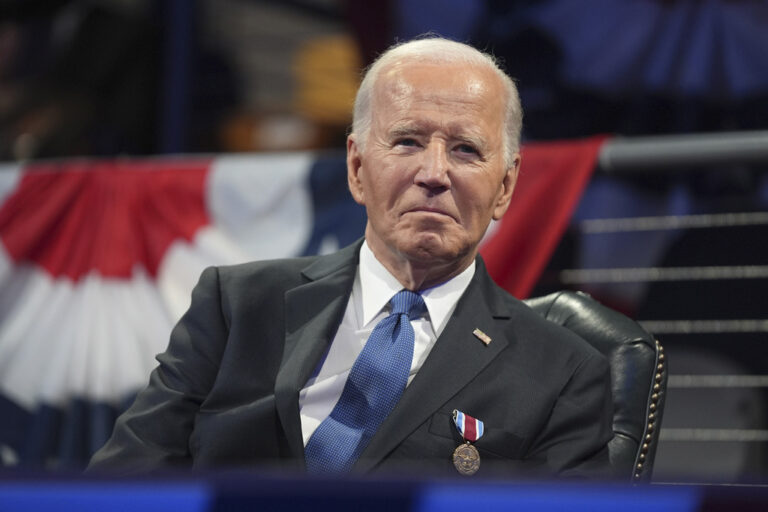 New York City voters disapprove of Mayor Michael Bloomberg’s job performance, 51 percent to 39 percent, his lowest rating since November 2003, a Quinnipiac University poll said.
New York City voters disapprove of Mayor Michael Bloomberg’s job performance, 51 percent to 39 percent, his lowest rating since November 2003, a Quinnipiac University poll said.
The survey is Quinnipiac’s first on attitudes toward the mayor since the X-Mas Blizzard left many city streets unplowed for at least a week, sparking criticism and a City Council investigation. The mayor and several deputies had been outside the city for the holiday. In a Nov. 23 poll, 55 percent approved of his performance to 35 percent who didn’t.
The mayor, who is unaffiliated with a political party, has also appeared since then on national television programs, such as NBC’s Meet the Press, discussing gun control, immigration and the economy, attracting speculation he will run for president.
When asked to rate the administration’s handling of snow removal, 69 percent checked off either “poor” or “not so good,” 26 percent said “good” and 2 percent, “excellent.”
While 72 percent backed Bloomberg’s right to leave the city on weekends without disclosing his whereabouts, 84 percent said the mayor should make it clear who’s in charge, the poll said.
Fifty-six percent don’t believe Bloomberg when he said he’s not interested in running for president, the poll said. Voters said by 74 percent to 18 percent that he wouldn’t make a good president, his lowest score yet on this question, the poll said.
Today’s results echoed a Jan. 6 Marist College poll that found his approval rating had slid to 37 percent, the lowest Marist had measured for him since he took office Jan. 1, 2002.
Quinnipiac’s highest approval rating for the mayor came Oct. 21, 2008, when 75 percent praised his performance. The result came after six years in which the mayor had balanced the city budget while contending with a national recession exacerbated by the aftermath of the Sept. 11, 2001, terrorist attacks.
His November 2003 low, when 51 percent disapproved, came after he had persuaded the City Council to raise property taxes 18.5 percent, supported construction of a $1 billion convention facility and football stadium that the New York Jets wanted to pay for on Manhattan’s West Side, and had lost a referendum campaign advocating non-partisan elections for city offices.
Sixty-seven percent of the city’s voters say Bloomberg’s involvement in national issues is good for New York, while 28 percent say it distracts him from running the city.
(Source: Bloomberg News)











One Response
Here’s the problem with term limits: Once an official is in his/her final term, he/she has no incentive to care about public opinion. When Bloomberg was in his first final term, his ratings were better because he believed (rightly, it turned out) that he could get the law modified for him to have a second final term.
Term limits are a poor substitute for an attentive, astute and well-informed electorate, which is why Hashem gave us YWN and its readers.